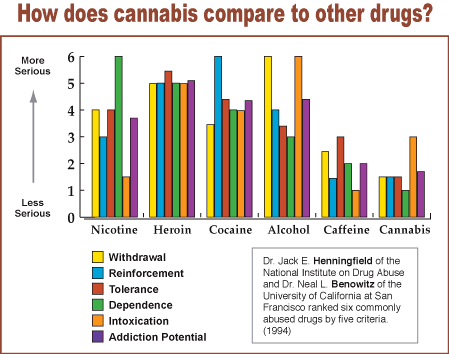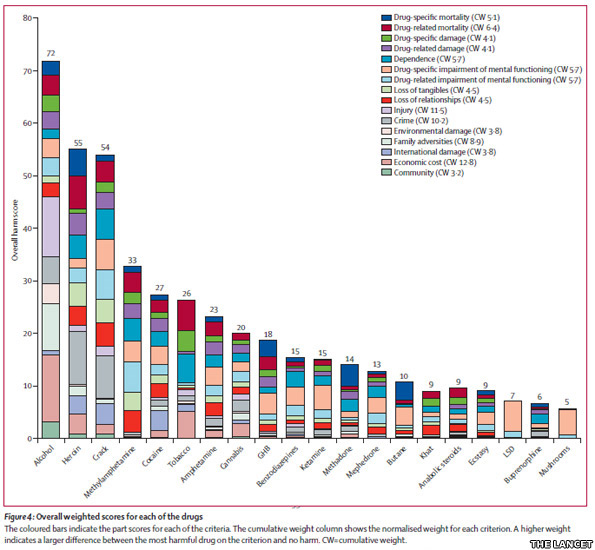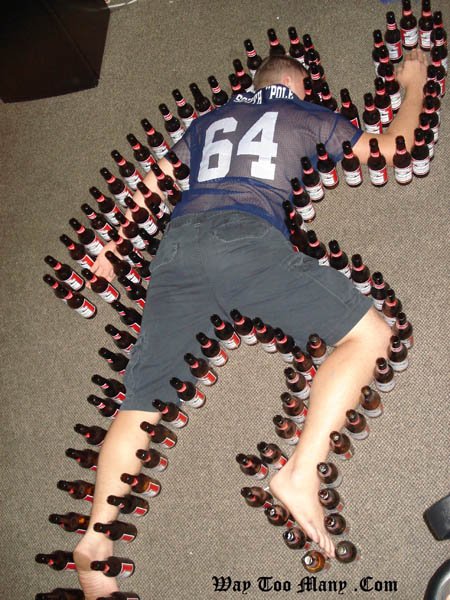

Only Rational Drugs Policies Can Save Slovenian Car Seat Cover Industry
We live in an age when oil-intensive individual
transportation and irrational drugs policies are both
looking increasingly like car
crashes.
Many
of us who are not in on the fun
are waiting for all of them to stop happening. What are we to make of the
fact that nine
out of the ten most dangerous drinking cities in England voted to leave
the EU, and by well above the overall
average margin? (The exception was Norwich).
Was it those Muslims?
Why, it's almost as if alcohol impairs people's ability to think straight,
and go ahead and do stupid things without concern for the consequences for
themselves or others.
First we had drug-harm Professor Nutt of the UK's ACMD daring to point out
that alcohol
and tobacco are factually higher risk drugs than marijuana, ecstasy and LSD.
As a reward for this statistically-validated statement of the obvious he was fired. By the parliamentary representative for
one of England's
drunkest cities.
"It is important that the government's messages on drugs
are clear and as an advisor you do nothing to undermine
public understanding of them," Hull MP, former Home Secretary, former
Shadow Chancellor and man-whose-wife-was-shagging-the-bodyguard
Alan Johnson told the
Professor.
The
understanding such governments want to undermine is that alcohol, their
darling pet, isn't one of them drugs.
So they'll be peeved now. European safety organisations have noticed not only that alcohol IS a drug, but also that
European governments' choice of pet drug is not
such a clever one because
of the cost of all the prenatal damage, injuries and deaths that go with it.
They
have called for a coordinated lower Blood
Alcohol Concentration limit for
drivers throughout the EU.
Maximum allowable BACs currently range from 0 in the Czech
Republic, Slovakia and Hungary to 0.9 in Malta, and 0.8 in
the UK and Ireland.
Interestingly, awareness of the legal limit was somewhat inversely
correlated with the limit. In Malta 96%, and in the UK and
Ireland 70% and 66% did not know the legal limit.
Conversely in the zero tolerance countries more people were
aware of the limit: 75% of Czechs, 57% of Slovaks and 39%
of Hungarians knew not to drink and drive.
Conclusion? Nothing is simple enough for drunks to remember.
Unfortunately Eurosafe wants to coordinate BACs down to 0.2
and not zero. This is not better than nothing. Detrimental effects on driving performance from BACs under
0.2 may be hard to demonstrate experimentally.
But how long will it
be until someone suggests that small amounts of alcohol
may actually improve your driving?
Such "hormetic" theories have proved a popular stimulus for
industry-funded research into other dangers such as ionising
radiation.
And spatially enfeebling fluoridation was born that
way.
Rather than offering yet another opportunity for science to
use the limits of detection as a licence to print
bullshit, NFL takes the view that a zero BAC (with a 0.05 or 0.1
tolerance) is simply more
practical.
Because the studies show that you are
hopeless with all the other numbers. Drunk or sober.
Slovenia has already a zero limit for inexperienced
drivers, and this is a good idea.
Zero BACs won't reduce domestic and public
violence, child abuse, suicides and all the other fun resulting from your
non-responsible non-choice of this non-drug. Die-hard fans will
always find a way to get their non-drug.
The
main thing is to get the addicts' money while allowing them to smash up as
little government property as possible. Other property damage is
good for the economy, remember.
But here's the thing. More drinking plus zero BACs for drivers
equals a strategy for reducing CO2 emissions by initiating small-scale green public transport
infrastructure.
What does that equate to in normal-speak?
It
means every village should have its own
Drunk Bus. Complete with armoured cab, fast food stops, and
dedicated vomiting area.
Zero BACs will create a Europe-wide surge in demand for wipe-clean
seat covers, reviving the Slovenian automotive sector,
as well as reducing healthcare and policing costs.
Designated driver promotion schemes have proved expensive
and unpopular. The designated driver is something of an oddity, an
outsider.
Who, in these jolly groups, wants to be the ghost at the
banquet? Killjoys like these would probably rather not
be in the pub at all.
Societies
where being drunk is normal are the
least likely to produce individuals of this or any kind. Alcohol is
the great leveller. No-one has
explained why these snooty people, whose superior walking, talking and
driving abilities refuse to be levelled, should drive everyone else home.
Drunk Buses would operate at a profit to society by responding
to the customers' needs.
From the hour when bus drivers currently want to
fall asleep in front of the TV, Drunk Buses would criss-cross known areas
of drunkenness in search of subscribers who want to be somewhere
else.
Like
taxis but without the oil-guzzling egotistical driving and boring chit-chat, Drunk Buses
will deliver
passengers exactly where they want to go, with the most
fuel-efficient
route
planned on the fly by the onboard computer.
As immoral users of safer illegal drugs have always known,
drunks are very predictable. The size, frequency and route of every Drunk Bus
will be
inspired by queue theory and electronically gathered usage
statistics. Energy is provided by the occupants
themselves.
Shouting
generates electricity
for steering bends, braking and lights. Lurching, staggering and
falling over, absorbed by piezo-electric
panels
mounted not just in the dancefloor but throughout the Drunk Bus interior,
drive its wheels.
but throughout the Drunk Bus interior,
drive its wheels.
Stored excess power starts up the sound system and beer pumps, to get the dancing (and the bus) going. The drunker the passengers, the faster the wheels on the bus go round and round. Result? More falling around: this positive feedback makes you go faster and faster! Finally, the louder shouting slows you down. How carbon friendly is that?
As financiers and governments find new, ever more interesting ways to stress us out, more and more people can be expected to resort to the solutions of desensitization and oblivion the officially-protected drug alcohol provides.
Drunks
are a mainstay of our economy and it is vital to our culture and
traditions that drunkenness is protected and only mildly discouraged in a
weedy, ineffective way.
With random roadside breath testing currently the
most
cost-effective drunkenness-preserving way to spend one euro
- it saves 36 euros worth of alcohol-based mayhem - the Drunk Bus is the
way forward in assisting drunks who face difficulties exercising their
right to drink at greater distances from home than they can walk.
